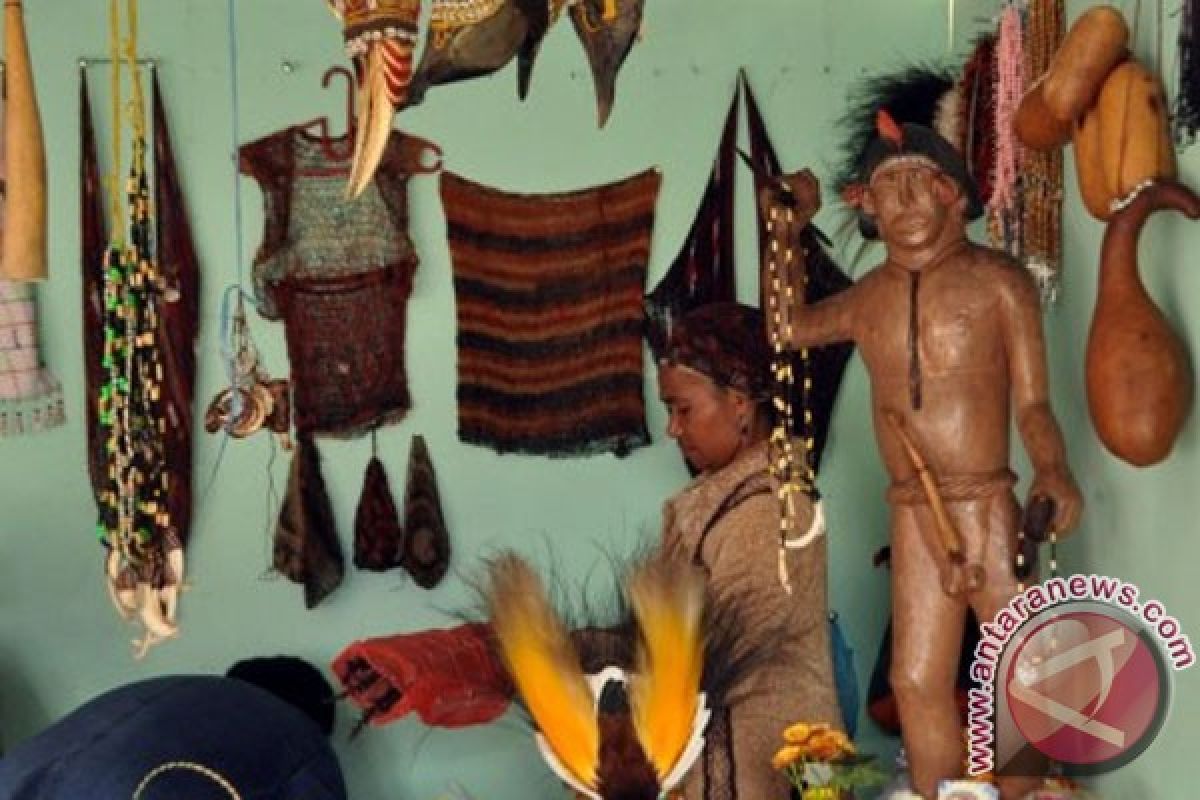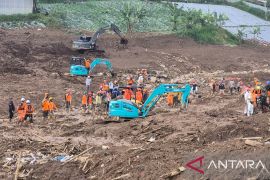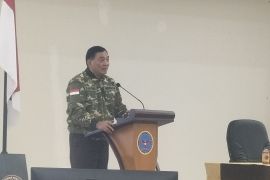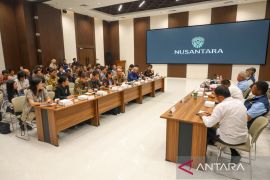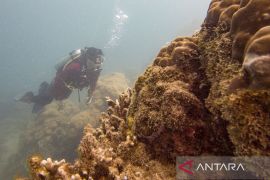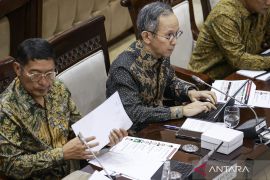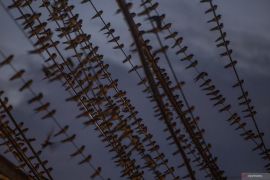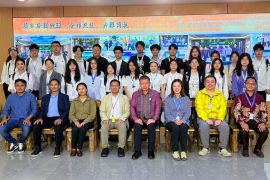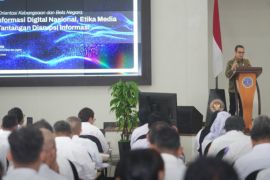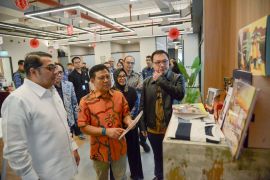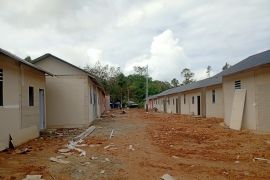"One way to preserve koteka is teaching it at schools ranging from elementary to middle levels in the central mountainous region of Papua," Suroso said in Jayapura on Sunday.
Koteka is made of water pumpkin skin, Lagenaria siceraria. The contents and old pumpkin seeds are removed and the skin is dried. Literally, this word means "clothing" which derived from of the native language of one of the tribes in Paniai.
The central mountainous region of Papua covers ten districts namely Jayawijaya, Puncak Jaya, Pegunungan Bintang, Tolikara, Yahukimo, Nduga, Yalimo, Lani Jaya, Mamberamo Tengah, and Puncak.
Suroso said, koteka can be included as local content teaching materials at schools in the central mountainous region of Papua. To support this effort, it is necessary to develop a curriculum for the local content of Koteka.
"By teaching it to the younger generation, it is hoped that this cultural heritage will not disappear because the number of koteka users in Papua is decreasing," he said.
Despite the fact that the use of koteka as traditional clothing has diminished, many tribes in the central mountains of Papua still plant water pumpkin (Lagenaria siceraria) as raw materials for making koteka.
"This pumpkin is still planted by the tribes of Dani t, Mee, Amungme , Lani, Yali and Mek ," he said.
Not all members of young generation in the central mountains of Papua today still use koteka. They do not even know that it is inherited from their ancestors.
Suroso said, in the future, it is feared that pumpkin will only be regarded as a vegetable for consumption and medicine for typhoid or a sore throat, while koteka is sold as a souvenir. Concrete steps are needed to preserve koteka by teaching it at schools.
Translator: Musa Abubar/Eliswan Azly
Editor: Rahmad Nasution
Copyright © ANTARA 2019
